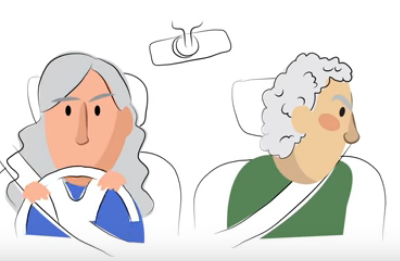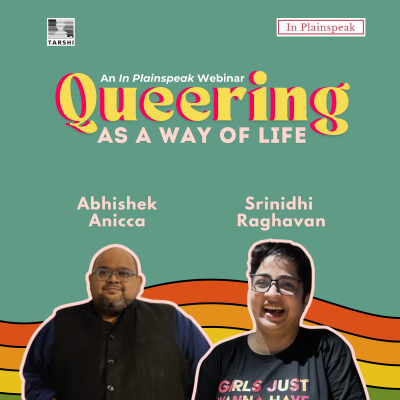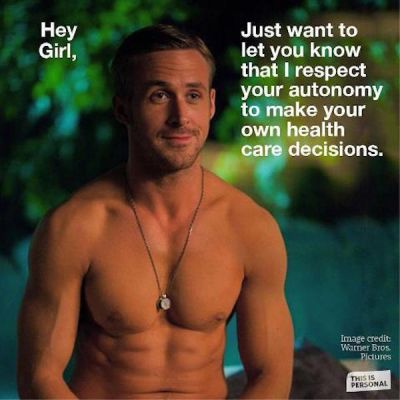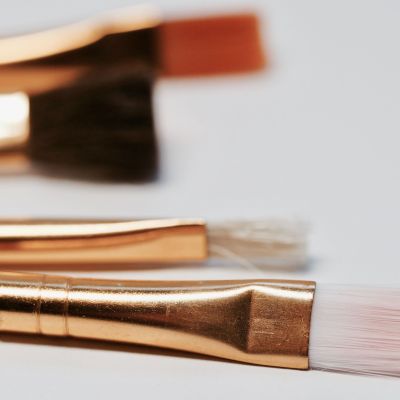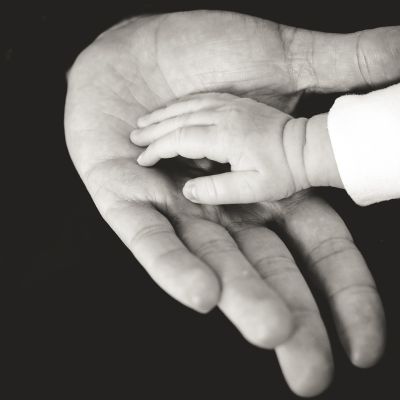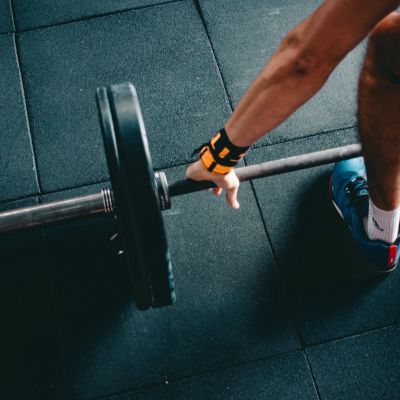relationships
The process of connecting with another person, opening up to them, and getting close enough to build an intimate relationship is fraught with complexities and grey-areas, which often has a marked impact on how we interact with that person and how we choose to conduct ourselves around them.
In the short film, Baby Steps, a seemingly mundane Skype conversation between a mother and son turns into something more.
At TARSHI, we see queering as more than just an adjective; it’s a verb, an action that involves questioning accepted…
She turns towards me when I speak, and I can feel her eyes thinking over my words, sensitive to any hint of criticism. Her thighs slide against mine, and for a moment we are both distracted by the naked coolness of our bodies. For a moment, we look at each other.
It wasn’t that she had never heard of homosexuality; but, in her imagination, gay men and women were an exotic species, not real people who could, perchance, be fellow passengers on a bus, fellow shoppers at a mall, or a fellow beginner in a meditation class.
Mainstream media is beginning to pay attention to men’s relationship with abortion – a welcome counterpoint to the anti-woman, anti-abortion rhetoric Men’s Rights Activists (MRAs) spew on the topic.
‘Is the future so dark?’ you might ask. I am here to tell you that it is not. As you begin your exploration into the world of queer theory and feminist theory, you will learn that the straightjacket version of sexuality cooked by our families was undercooked.
To be without intricacies is to be without emotional boundaries, to disregard whoever whenever. Besties save you from your shit. They are your heart, and they transcend any efficiency that the Tinderization Bestie Robot attempts to offer you in its binary fantasy.
Waxing my body for the first time last year to have silky skin like the women on Veet’s box but ended up with rashes instead.
I had risked so much already, not just by loving another woman, but by acting on my desires. By allowing myself to feel intimacy and connection with another queer person. Despite feeling guilt and shame, this risk had become increasingly vital to take.
In a time when reason is more valued than emotion, unravelling and understanding the politics of self-care becomes all the more fundamental for us, and the movements we seek to develop and build. When our bodies, our emotions and our needs become weapons to be used against us, acts of defiance become rooted in thinking about your self and how we practice it. I find I am faced with more questions than answers, but I also know that asking the questions is the first step to finding the answers
From my experience of being at the receiving end of this snap judgment of desirability, and seeing what a loss it is of getting to know people as persons instead of cardboard images, I realise how unjust this approach is towards seeking companions (which doesn’t necessarily mean romantic partners). This is not how I would want to be seen. I have been missing out on a lot of sexual, emotional and intellectual stimulation by reducing a person’s attractiveness to these notions.
A multitude of views are recorded when couples are interviewed about their sex lives and relationships. It is often found that while women are more concerned about the way they look and how they react to their partners’ moves (including women’s need to fake orgasms), men worry more about things like performance. It is safe to assume that all of us have sexual insecurities.
So, what can be done about insecurity?
Family, immediate and extended, is usually who you turn to. They are the ones who provide stress relief and reduce anxiety by boosting self-confidence and self-esteem and providing a protective shield. There is a sense of belongingness in good times and in bad.
I can recall my experiences in the washrooms of different gyms that I have been a member of. A men’s washroom is an interesting place in terms of how sexuality manifests itself in its various aspects. It was not unusual to see men of various kinds with strange energies in these washrooms.

